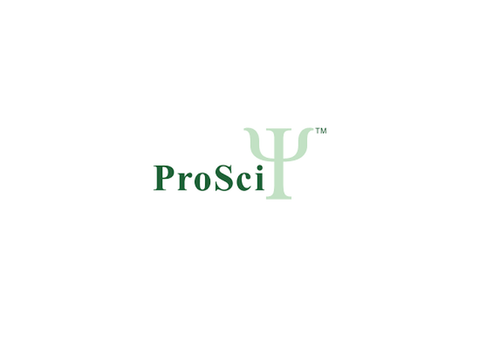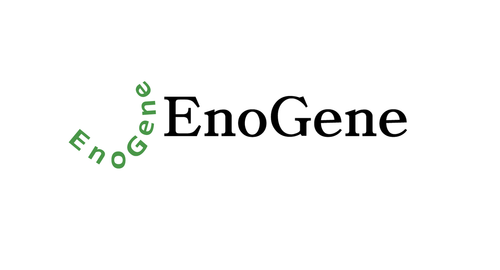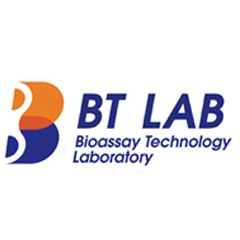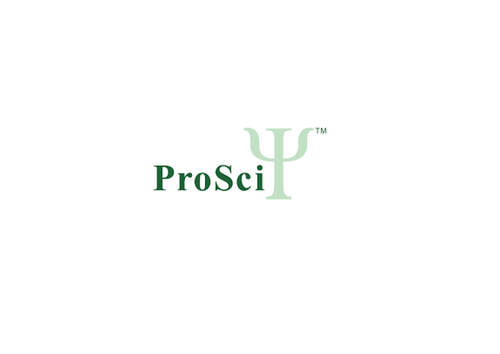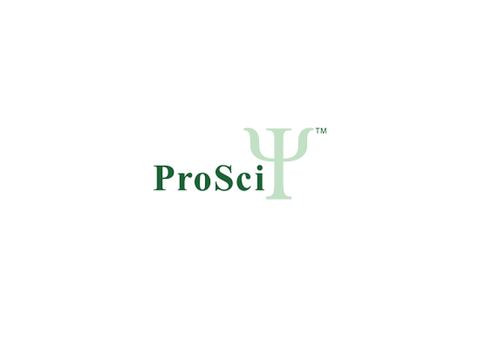Product Description
STK38 Antibody | 62-638 | ProSci
Host: Rabbit
Reactivity: Human
Homology: N/A
Immunogen: This STK38 antibody is generated from rabbits immunized with a KLH conjugated synthetic peptide between 410-439 amino acids from the C-terminal region of human STK38.
Research Area: Cancer, Signal Transduction
Tested Application: WB
Application: For WB starting dilution is: 1:1000
Specificiy: N/A
Positive Control 1: N/A
Positive Control 2: N/A
Positive Control 3: N/A
Positive Control 4: N/A
Positive Control 5: N/A
Positive Control 6: N/A
Molecular Weight: 54 kDa
Validation: N/A
Isoform: N/A
Purification: This antibody is prepared by Saturated Ammonium Sulfate (SAS) precipitation followed by dialysis
Clonality: Polyclonal
Clone: N/A
Isotype: Rabbit Ig
Conjugate: Unconjugated
Physical State: Liquid
Buffer: Supplied in PBS with 0.09% (W/V) sodium azide.
Concentration: batch dependent
Storage Condition: Store at 4˚C for three months and -20˚C, stable for up to one year. As with all antibodies care should be taken to avoid repeated freeze thaw cycles. Antibodies should not be exposed to prolonged high temperatures.
Alternate Name: Serine/threonine-protein kinase 38, NDR1 protein kinase, Nuclear Dbf2-related kinase 1, STK38 {ECO:0000312|EMBL:AAH120851}
User Note: Optimal dilutions for each application to be determined by the researcher.
BACKGROUND: Stk38, also known as NUCLEAR DBF2-RELATED PROTEIN, contains 1 protein kinase domain that interacts with mob1 and mob2.The homodimeric s100b binds to two molecules of stk38. It is ubiquitously expressed with highest levels observed in peripheral blood leukocytes. Stk38 activated by binding of s100b which releases autoinhibitory n-lobe interactions, enabling atp to bind and the autophosphorylation of ser-281. thr-444 then undergoes calcium- dependent phosphorylation by an upstream kinase. Interactions between phosphorylated thr-444 and the n-lobe promote additional structural changes that complete the activation of the kinase. Autoinhibition is also released by the binding of mob1/mobkl1a and mob2/hcca2 to the n-terminal of stk38.
 Euro
Euro
 USD
USD
 British Pound
British Pound
 NULL
NULL





